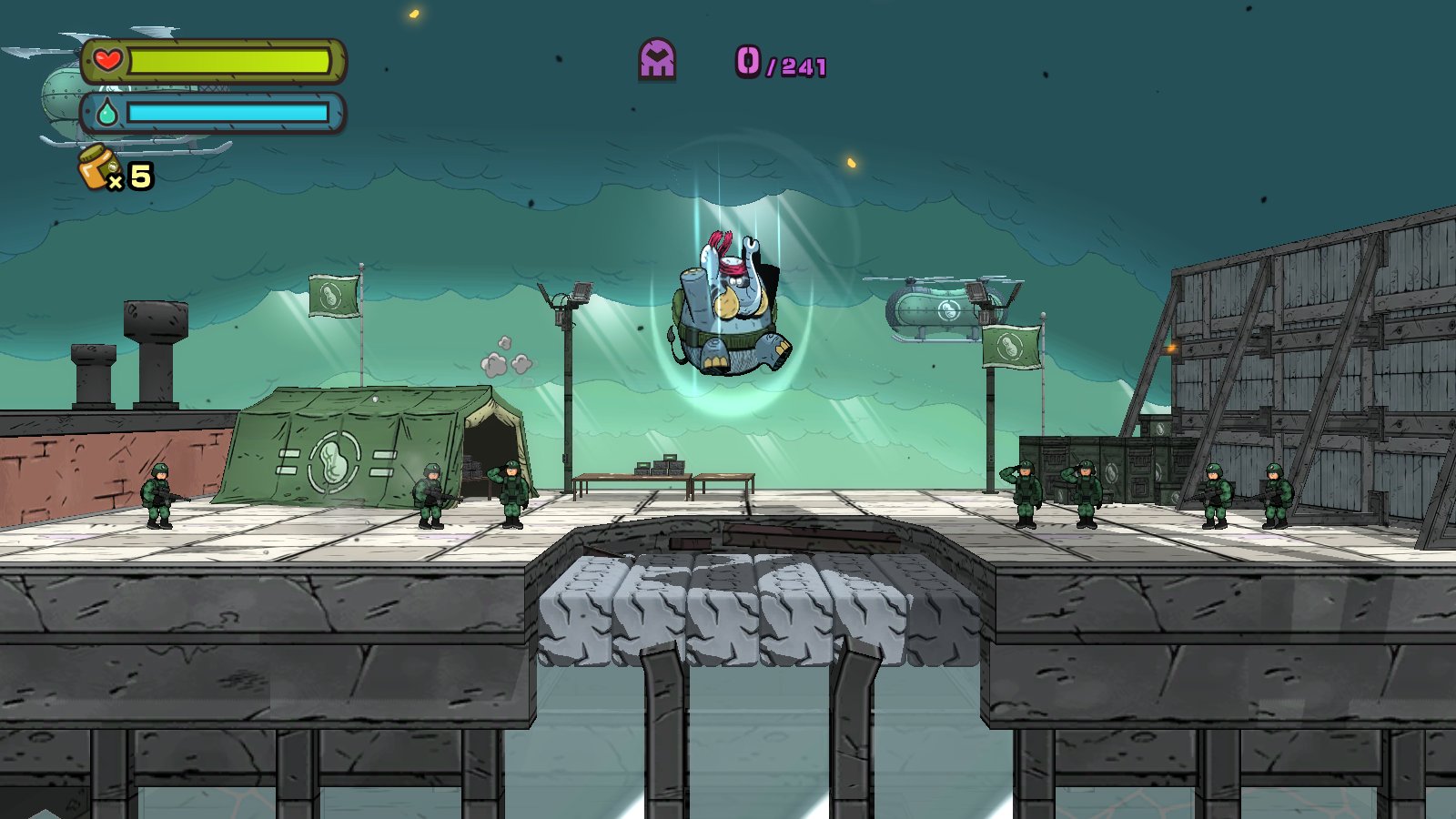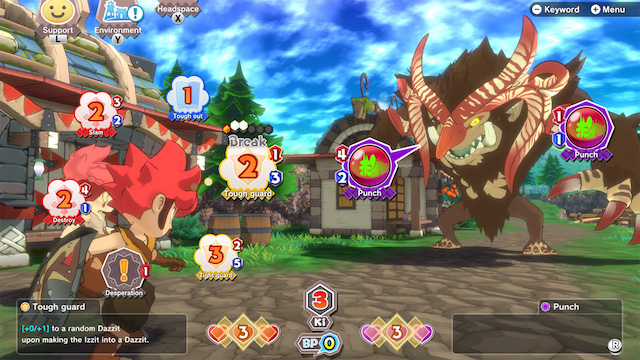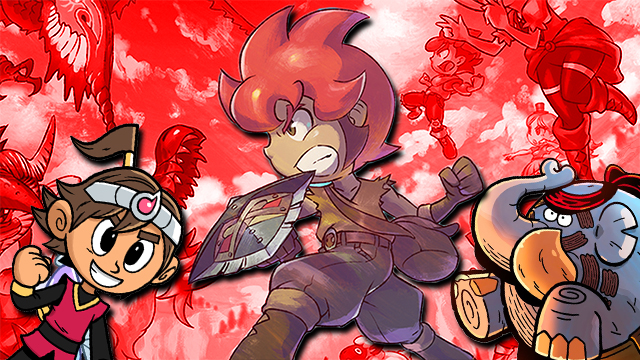It is only natural for players to know Game Freak as “the Pokemon studio,” as the team has put out over 20 games in the incredibly popular turn-based role-playing game series since it debuted in 1996. However, that description is selling the greatness of the Tokyo-based studio short as it has put out some fantastic games that weren’t related to pocket monsters. From working with some of the biggest powerhouses in gaming early on to creating smaller titles that show off its creativity, Game Freak has had a storied history as a developer that spans nearly 50 titles across a variety of different genres.
These non-Pokemon games have been part of its brand since its first few titles. After releasing the action-puzzle game Mendel Palace for the original Nintendo, Game Freak wound up in contact with the console manufacturer. It wanted the studio to create a puzzle game starring Yoshi, who had become a star in his own right after his large role in Super Mario World. The end result was 1991’s Yoshi, which came out for both the NES and Game Boy. Nintendo clearly liked what they saw from the collaboration as they quickly reconnected for 1993’s Mario and Wario, which is a side-scrolling puzzle game that used the Super Famicom Mouse. In it, the player had to guide Mario through levels filled with traps because Wario had stuck barrels and buckets on the poor plumber’s head. It played much like DMA Design’s Lemmings, and some of its design would later be seen in the Mario vs. DK series.
ALSO: Why the Yakuza 7 turn-based RPG combat is a good move
Beyond Nintendo, Game Freak also worked with both Sega and Sony Music Entertainment Japan during the ’90s. Their first collaboration with Sony came in 1991, as they put out the wonderfully weird Smart Ball for the SNES. Players play as a jelly bean named Jerry in the action game and must make use of his various abilities which range from sticking to walls to stretching his body in order to attack enemies. The studio would later release its only PlayStation title in 1999, Click Medic, which has the player battling rare diseases in order to prevent mankind’s extinction. Meanwhile with Sega they made a game adaptation of the manga Magical Tarurūto-kun and put out the enjoyable platformer Pulseman for the Sega Mega Drive.
Some of Game Freak’s best titles haven’t involved Pokemon

After the release of the aforementioned Click Medic, Game Freak would spend nearly half a decade exclusively working on different Pokemon games. That monotony was finally broken up in 2005 with the release of Drill Dozer for Game Boy Advance. One of only two GBA titles that had force feedback thanks to a modified cartridge, the action platformer was quite unique as it forced players to use Jill’s drill in different ways. This was done by using the L and R buttons, as they spun the drill forward and backward, respectively. Filled with boss battles and some great characters, Drill Dozer received wide acclaim upon release and is easily one of Game Freak’s most beloved non-Pokemon titles.
After that brief respite, Game Freak was back in the groove of cranking out Pokemon RPGs on a near-yearly basis. It didn’t release a game not involving Pikachu until 2012, when it decided to push an initiative named Gear Project, which allowed small teams to work on other types of games. The first game as a result of this was the excellent 3DS title Harmoknight, which is a rhythm platformer that has players smashing musical notes with their magical staff. The game, which was led by James Turner, was one of the best games on the eShop. It would be followed up the next year with Pocket Card Jockey, which was a wonderfully weird mixture of solitaire and horse racing. Despite combining two random subjects, Game Freak managed to make it work and had delivered another great downloadable 3DS game.
In early 2015, Game Freak made waves throughout the industry by reminding everyone that it wasn’t a studio owned by Nintendo. The independent developer decided to team up with Sega for its first game not on a Nintendo system since 1999. Once again directed by James Turner, Tembo the Badass Elephant was a colorful platformer that stars the titular Tembo, an elephant that uses his size to smash through objects and save his city from an invading army. While it had a frustrating progression system that forced players to replay levels before they could advance, it still delivered an enjoyable time and showed that the developer could do a lot more than just handheld RPGs.
The future looks bright as Game Freak diversifies

Next up was the developer’s first PC-exclusive game in the form of Giga Wrecker, which came to consoles earlier this year under the name Giga Wrecker Alt. Arguably its most unique title to date, it blends platforming with physics-based puzzle solving. Players take the role of Reika, who has to fight robots and then use their leftover parts to create new weapons and tools in order to keep progressing. It was surprisingly overlooked for a game from such a prestigious studio, but it is well worth picking up.
The most recent game to join this list is Little Town Hero, which is set to release October 16 exclusively on Switch. It’s a turn-based role-playing game that has the player protecting their secluded village by taking on different enemies. Interestingly, it will feature a soundtrack written by Undertale creator Toby Fox. It’s cool to see Game Freak experimenting within a genre that they are well-known for and collaborating with notable minds outside its office. The game still is an RPG like Pokemon, but it looks radically a different, which is a testament to how Game Freak can take the same genre and making it look new.
From rhythm games, platformers, puzzles, RPGs, and more, Game Freak is an open studio that doesn’t always get credit for its diversity. It is clearly a developer that values its independence as most studios that work this closely with Nintendo wind up being absorbed into them at some point. However, this has clearly worked for the Japanese developer as it has managed to keep its employees passionate about working on new Pokemon games while also giving them opportunities to pursue passion projects like Harmoknight and Tembo the Badass Elephant. It is truly a situation where everyone wins since the development team gets to create unique games and fans across several platforms get to enjoy a wide range of releases from the studio.







